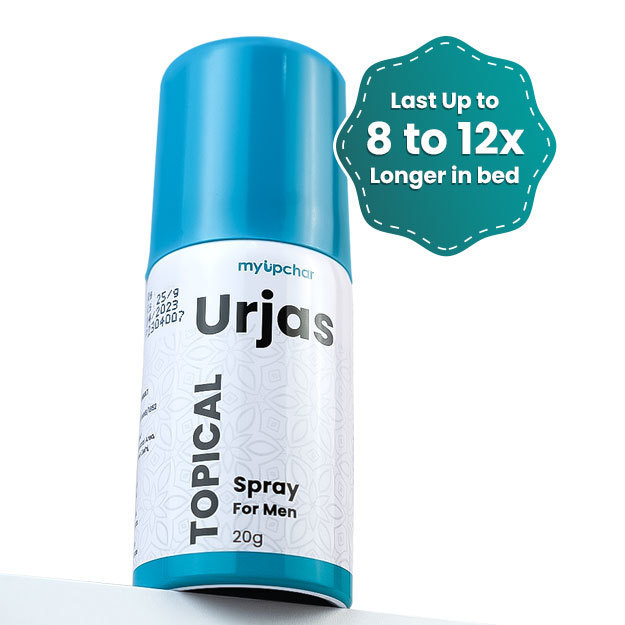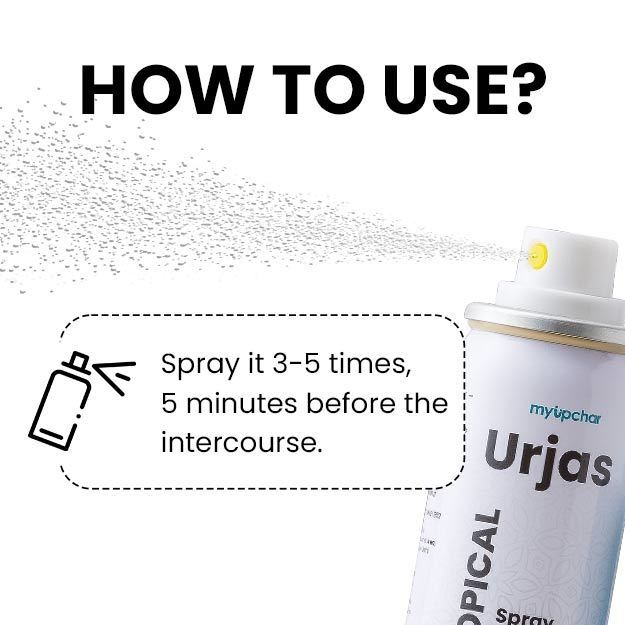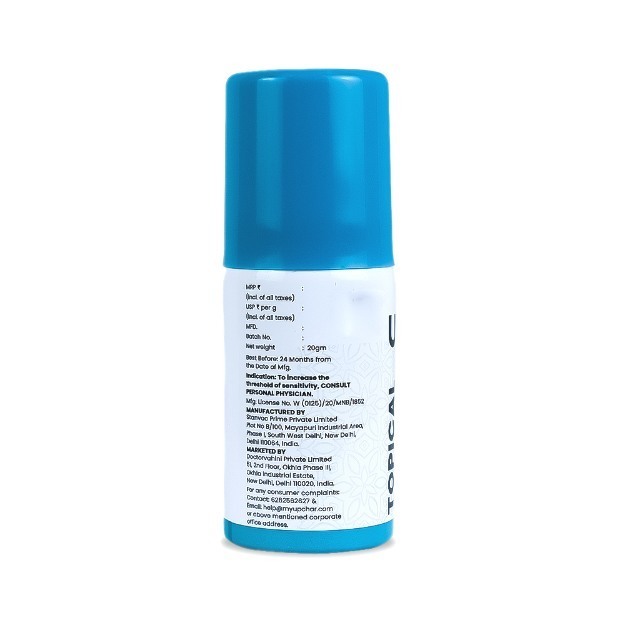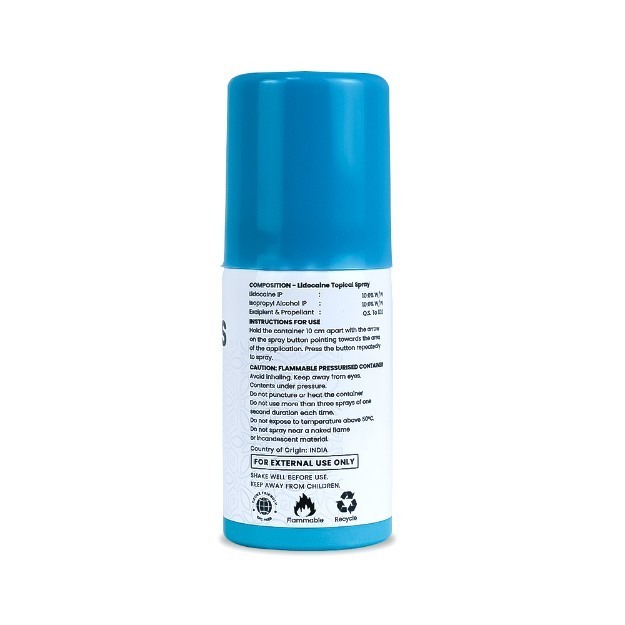The body is equipped with a versatile and sophisticated array of systems to keep itself clean and free of disease and infections. The immune system has many levels, and the skin is the first line of defence against pathogens.
The genitalia produces smegma, which is a mixture of dead skin cell debris, oil and fluids such as mucin that provides lubrication to the area and has antimicrobial properties as well. The natural lubricant removes waste products to the tip of the penis or the outside folds of the labia where it should be removed by regular cleaning.
Smegma is composed of 27% fat and 13% protein; oil-producing glands around the genitals constantly release fluid as a part of natural bodily processes. There is some evidence—though it is contested—that smegma contains antibacterial enzymes including lysozyme and hormones like androsterone; the former is known to break bacterial cell walls. Other immunologically active compounds such as cytokines, cathepsin B and neutrophil elastase may be present as well.






















